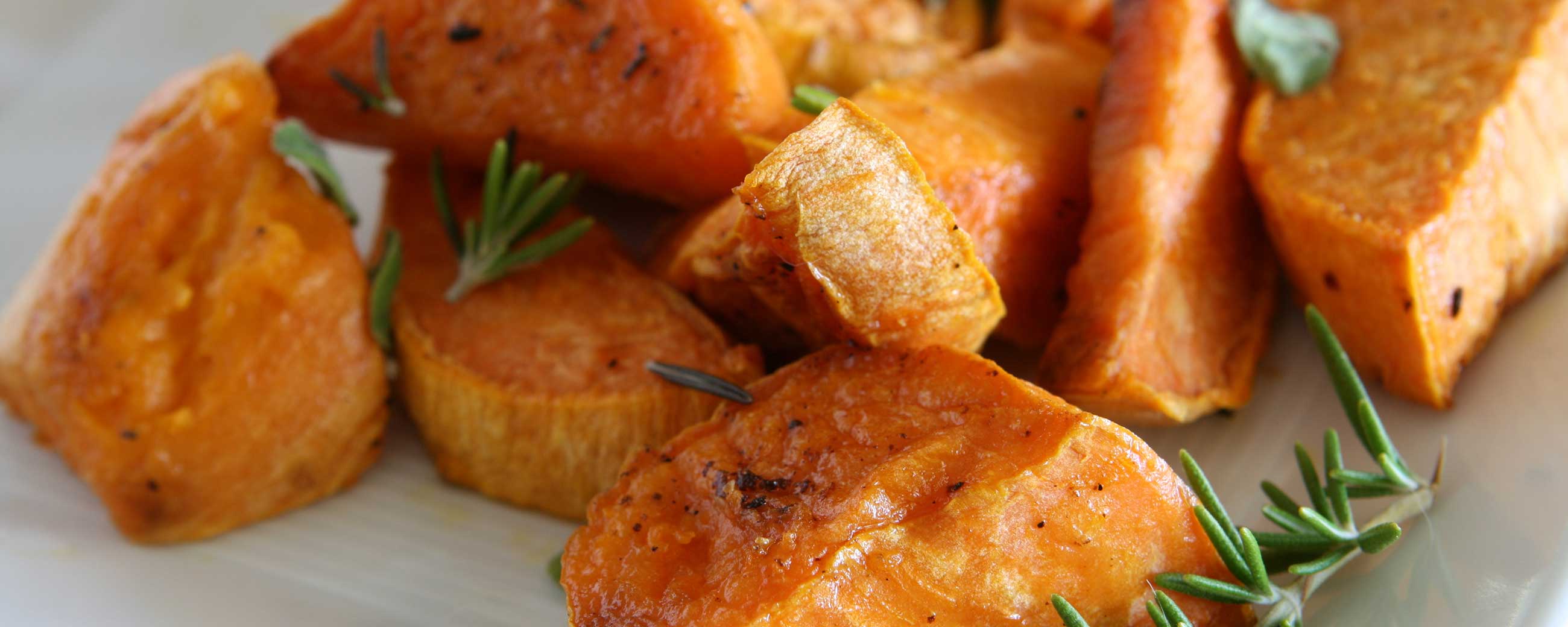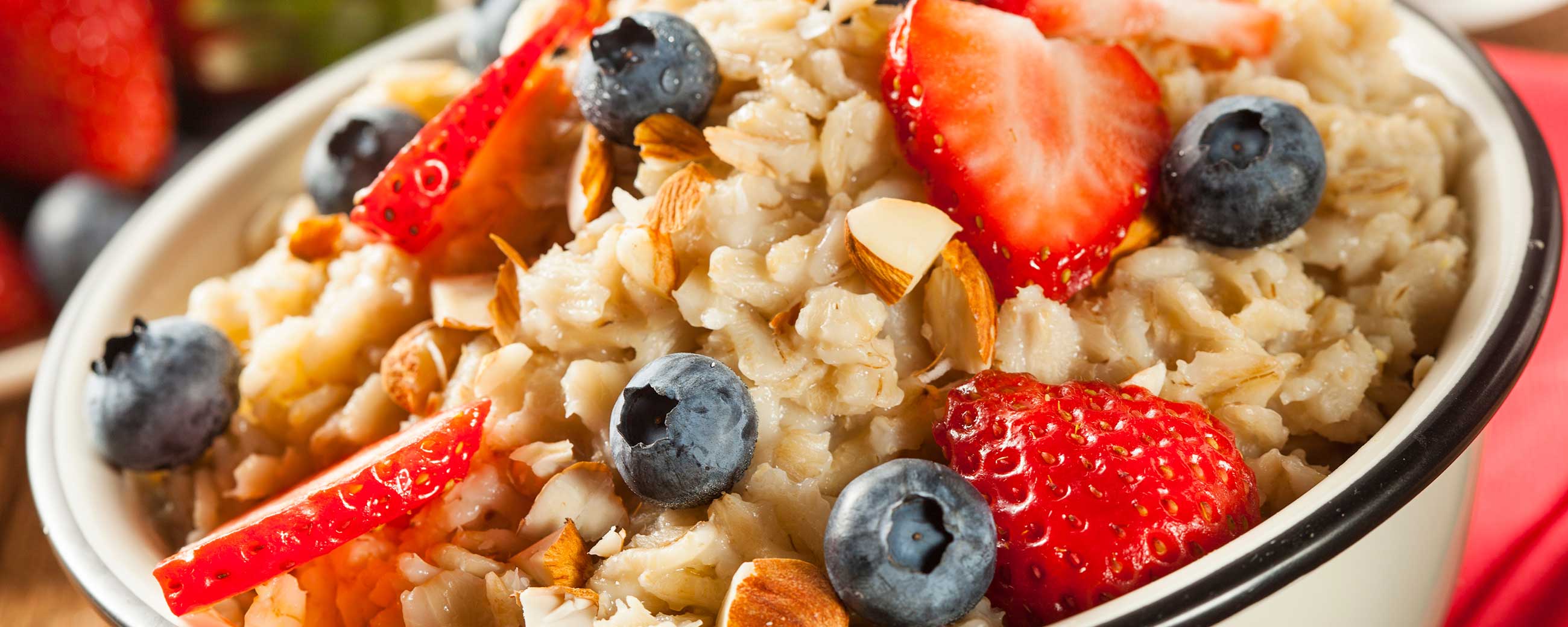
Fruit and Diabetes: What You Need to Know

Fruit is often one of the first things people with diabetes wonder about when adjusting their diet—and for good reason. While fruit is rich in natural sugars, it's also packed with important nutrients like fiber, vitamins, and antioxidants. So, where does that leave someone trying to manage their blood sugar? The good news is, with a few smart strategies, fruit can still have a place in a diabetes-friendly eating plan. In the sections below, we’ll explore common questions like can people with diabetes eat fruit, the best fruits for people with diabetes, which ones to limit, and how to enjoy fruit without causing blood sugar spikes.
Can People with Diabetes Eat Fruit?
Can people with diabetes eat fruit? The short answer is yes, but mindful choices and portion control are key. While fruit contains natural sugars, it also provides fiber, vitamins, and antioxidants that can support overall health. The key is selecting lower-glycemic options like berries, apples, and citrus fruits, and pairing them with protein or healthy fat to reduce blood sugar spikes. According to the American Diabetes Association, fruit can be a part of a healthy diet for people with diabetes when eaten in moderation and with attention to total carbohydrate intake. So, can people with diabetes eat fruit? Absolutely. as long as it fits into a well-balanced, carb-conscious eating plan.
Best Fruits for Diabetes
The best fruits for people with diabetes are those that are lower on the glycemic index and high in fiber, which help manage blood sugar levels. Options like berries (strawberries, blueberries, raspberries), apples, pears, and other low glycemic index fruits like bananas and cherries are considered some of the best fruits for people with diabetes because they provide essential nutrients without causing sharp glucose spikes. These fruits also offer antioxidants and fiber, supporting heart and digestive health.
What Fruits Should People with Diabetes Avoid or Limit?
On the flip side, some fruits are exceptionally high on the glycemic index (GI), meaning they can cause significant spikes in blood glucose. While these fruits can still be healthy overall from a nutrient standpoint, limiting these higher foods is important for those with diabetes. Some fruits for people with diabetes to avoid include:
- Dates (dried)
- Mangoes
- Pineapple
- Raisins
- Watermelon
How Much Fruit Can People with Diabetes Safely Eat?
While some fruits can be sources of high amounts of sugar, the folks at Johns Hopkins recommend people with diabetes include 2 servings of whole fruits per day. The real key to the question is serving size. Some of the best fruits for people with diabetes in appropriate serving portions are listed below. Each of the recommended service sizes equals roughly 15 grams of carbs.
Apple =1 small apple (4 oz.)
Banana = 1 extra small (4 oz.)
Blackberries = 1 cup
Blueberries = ¾ cup
Cherries = 12 sweet fresh cherries (3½ oz.)
Grapes = 17 small grapes (3 oz.)
Honeydew melon = 1 cup diced
Mango = ½ small mango (5½ oz.)
Orange = 1 medium orange (6½ oz.)
Peach = 1 medium peach (6 oz.)
Pear = ½ large pear (4 oz.)
Plantain, ripe, raw = ¼ plantain (2¼ oz.)
Pineapple = ¾ cup
Plum = 2 small plums (5 oz.)
Raspberries = 1 cup
Strawberries = 1¼ cups whole berries
Watermelon = 1¼ cup diced
Tips for Enjoying Fruit Without Spiking Blood Sugar
When choosing the best fruit for people with diabetes, it's smart to pair it with a little protein or healthy fat to help keep blood sugar levels steady. Adding something like a spoonful of nut butter, a handful of nuts or seeds, a slice of cheese, Greek yogurt, or a hardboiled egg can slow the absorption of natural sugars and help you feel more satisfied. These simple additions make even the best fruit for people with diabetes–like berries, apples, or bananas–an even better choice for balanced snacking. In fact, according to the National Institute of Health, combining carbs with protein or fat is a proven way to reduce blood sugar spikes.
Fruit and Diabetes FAQs:
Is watermelon good for Diabetes?
In moderation, watermelon is a safe fruit choice for people with diabetes. Watermelon has a glycemic index rating of 72, which is on the higher side. Small amount of watermelon can be a good choice, but you should definitely consider pairing it with some fat or protein.
Is cantaloupe good for Diabetes?
Cantaloupe has a glycemic index rating of 65. So, like watermelon, it can be a good choice for people with diabetes in moderation or when paired with protein and/or fat.
Are bananas good for Diabetes?
Bananas have a glycemic index rating of 55. Like other higher GI fruits, bananas can be a good choice in moderation and while paying attention to serving size and other food pairings.
Are nectarines good for Diabetes?
Nectarines have a GI of 43, which is on the lower end of the scale. Nectarines also contain a good amount of fiber, which can help slow the absorption of carbohydrates. Like all fruits, eaten in moderation and with an appropriate serving size, nectarines can be a good choice for those with diabetes.
The Takeaway
Can people with diabetes eat fruit? Yes. With smart choices and portion control, fruit can be a healthy part of a diabetes-friendly diet. The best fruits for people with diabetes are those that are low on the glycemic index and high in fiber, like berries, apples, and pears, which help support steady blood sugar levels. Higher-glycemic fruits such as pineapple, mangoes, and dried fruits should be limited or paired with protein or healthy fat to reduce glucose spikes. Experts recommend up to two servings of whole fruit per day, with attention to portion size and food pairings. When eaten mindfully, fruit can be both nutritious and satisfying for people managing diabetes.
If you are diagnosed with type 2 diabetes and want to live a healthier lifestyle, Virta Health may be able to help. By making healthy lifestyle changes in a medical setting with supportive resources like 1:1 virtual coaching, you can regain control of your health and feel like yourself again. See if you’re eligible for Virta Health here.
This blog is intended for informational purposes only and is not meant to be a substitute for professional medical advice, diagnosis, or treatment. Always seek the advice of your physician or other qualified health provider with any questions you may have regarding a medical condition or any advice relating to your health. View full disclaimer
Are you living with type 2 diabetes, prediabetes, or unwanted weight?








